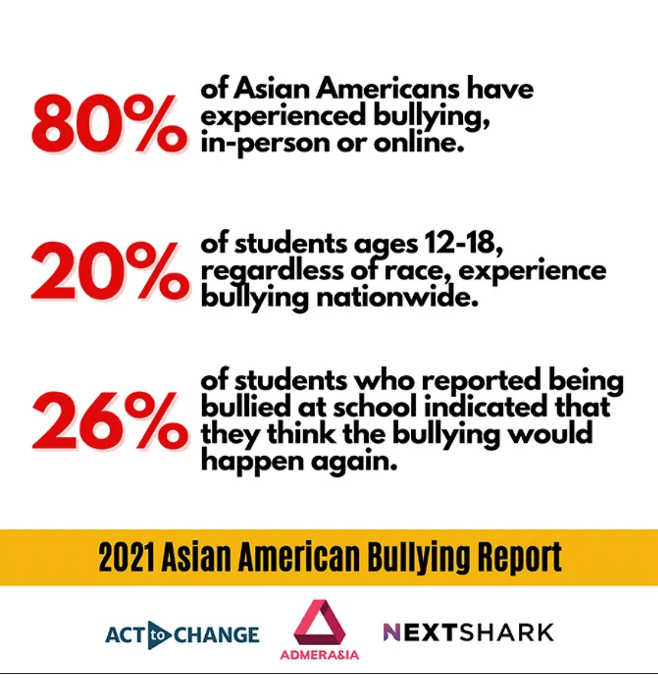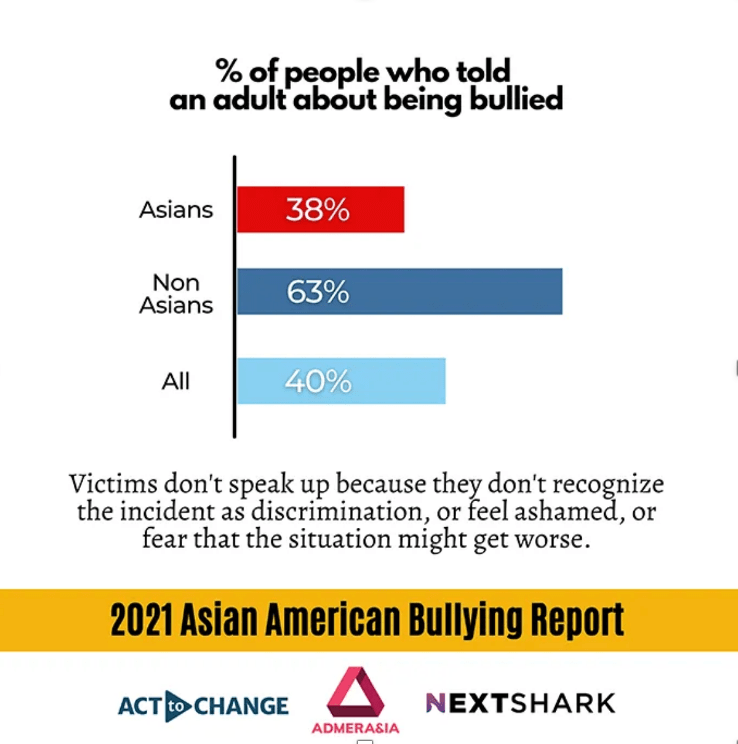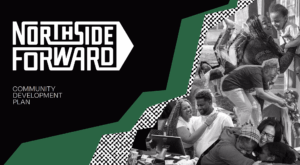 National anti-bullying nonprofit Act To Change, in partnership with Asian American news outlet NextShark and advertising agency Admerasia, has released the 2021 Asian American Bullying Survey Report that measures the impact of bullying, awareness, and prevention measures in the Asian American community, and found 80% OF ASIAN AMERICAN STUDENTS HAVE EXPERIENCED BULLYING.
National anti-bullying nonprofit Act To Change, in partnership with Asian American news outlet NextShark and advertising agency Admerasia, has released the 2021 Asian American Bullying Survey Report that measures the impact of bullying, awareness, and prevention measures in the Asian American community, and found 80% OF ASIAN AMERICAN STUDENTS HAVE EXPERIENCED BULLYING.
Survey findings highlight a dramatic rise in bullying in 2020 among Asian American youth. For many Asian American youth, many are less likely to report bullying incidences or have access to resources. Key observations from the study include:
- The bullying of Asian American youth is astonishingly normalized. 80% of Asian Americans have experienced bullying, in-person, or online.
- Cyberbullying affecting Asian Americans in 2020, exacerbated by COVID-19, surged. 70% of Asian American youth experienced or witnessed an increase in cyberbullying in 2020.
- Asian Americans are significantly less likely to report bullying to an adult than their peers are, potentially due to cultural barriers and lack of trust in adults and schools. 38% of Asian Americans told an adult about the bullying, compared to 63% of non-Asian Americans.
- Parents, caregivers, and educators of Asian American youth lack the necessary knowledge or tools to handle and fight the bullying. Only 50% of adults took action after learning someone was bullied.
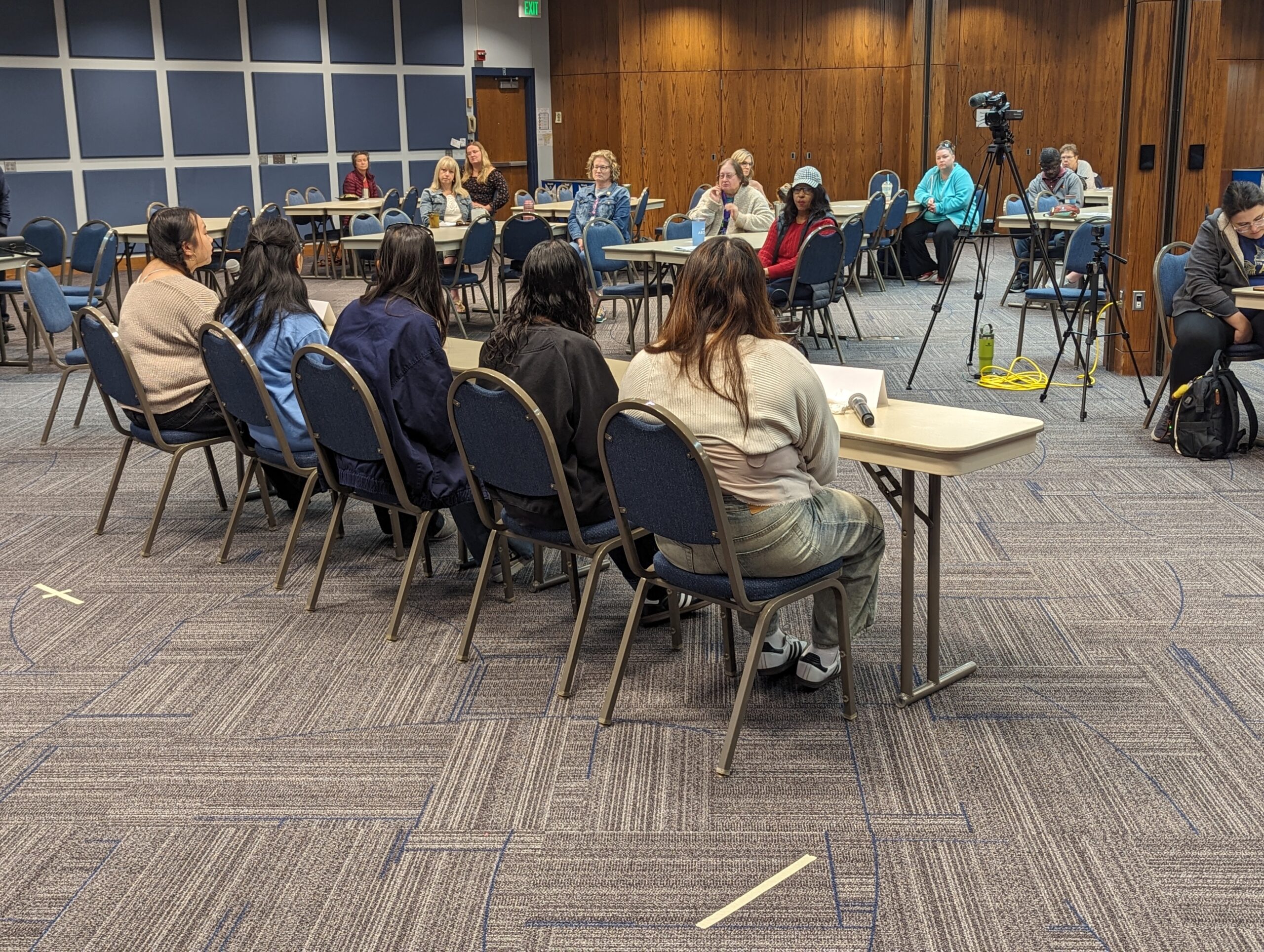 Under our “Stop Anti-Asian Hate and Violence” initiative, Asian Media Access has aligned with the National Movement to combat school bullying targeting Asian American students. Collaborating with the Twin Cities Japanese American Citizen League (JACL), we’ve delved into the distinctive challenges confronting Asian American students in the United States. On March 31st, 2024, JACL convened a discussion featuring four Asian American educators and school faculty, focusing on addressing school bullying and the absence of Asian American history in school curricula. The session prompted critical inquiries:
Under our “Stop Anti-Asian Hate and Violence” initiative, Asian Media Access has aligned with the National Movement to combat school bullying targeting Asian American students. Collaborating with the Twin Cities Japanese American Citizen League (JACL), we’ve delved into the distinctive challenges confronting Asian American students in the United States. On March 31st, 2024, JACL convened a discussion featuring four Asian American educators and school faculty, focusing on addressing school bullying and the absence of Asian American history in school curricula. The session prompted critical inquiries:
- How do educators leverage their cultural identities to support students in their schools?
- What strategies would professionals recommend for fostering a nurturing environment for Asian/Asian American students within school communities?
- Have instances arisen where staff members perceive Asian Americans as not requiring specific attention, influenced by the model minority myth?
- What is the presence of Asian American history in school curricula? Does the curriculum predominantly highlight Asian history from Asia?
- How do educators remain informed and inspired?
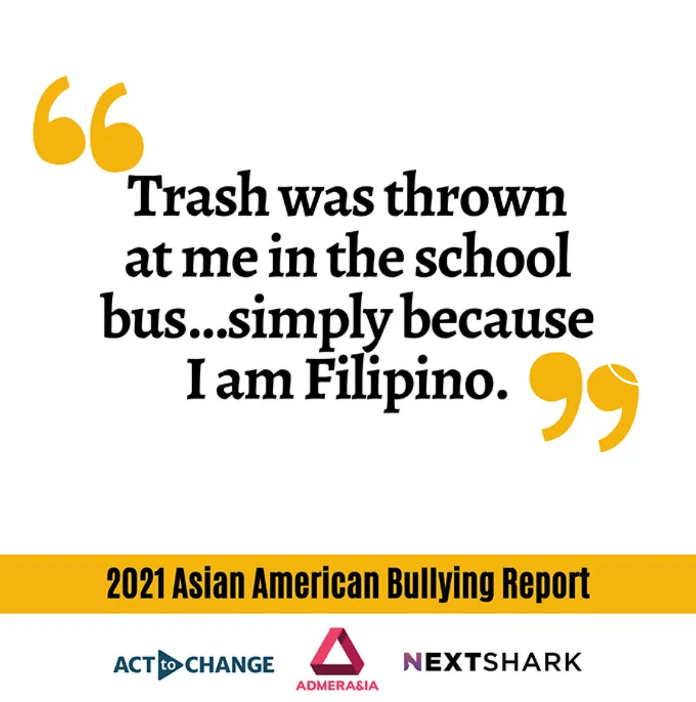 This dialogue engendered numerous insightful discussions, with several noteworthy reflections from educators:
This dialogue engendered numerous insightful discussions, with several noteworthy reflections from educators:
- Embracing and maintaining one’s Asian identity without dilution, emphasizing the importance of familial and cultural ties, and navigating the balance between individualism and collectivism.
- Encouraging students to take pride in their cultures and fostering a positive self-perception within their identities, combating feelings of shame and facilitating opportunities for cultural expression.
- Confronting the pervasive model minority myth, which can lead to either overlooking Asian American students’ needs or subjecting them to heightened expectations and subsequent bullying.
- Advocating for assertiveness and self-expression, challenging the cultural inclination toward modesty and emphasizing the importance of advocating for oneself in mainstream society.
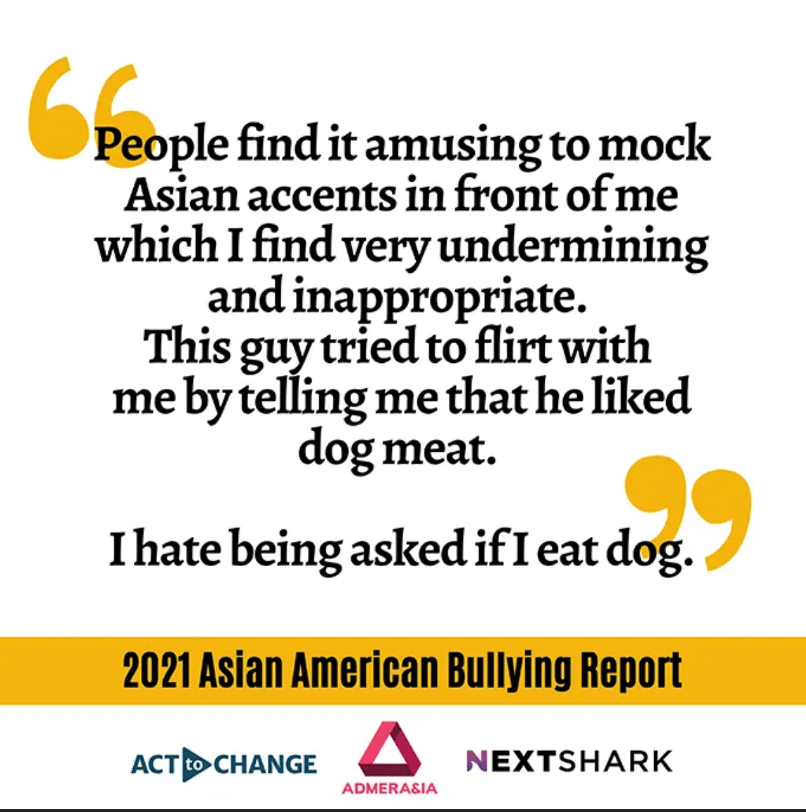 Additionally, Asian Media Access partnered with the Anoka-Hennepin School District on April 13, 2024, to host a panel featuring five Asian American students, who shared their struggles with district educators. Their poignant testimonies included:
Additionally, Asian Media Access partnered with the Anoka-Hennepin School District on April 13, 2024, to host a panel featuring five Asian American students, who shared their struggles with district educators. Their poignant testimonies included:
- The pressure to assimilate and conform, resulting in a loss of self-identity and a desire for acceptance.
- The damaging stereotype of Asian males as gang members, compounded by cultural expectations and a reluctance to embrace their heritages.
- Experiences of bullying at school and frustration with ineffective responses from authorities.
- Initiatives such as founding Asian clubs to cultivate pride in cultural heritage among younger students and combat negative experiences of bullying.
- The need for educators to challenge stereotypes and provide holistic support beyond academic achievement for Asian American students.
Furthermore, insights from parents shed light on the broader societal implications:
- When U.S. schools suspend children for undesirable behavior, parents see this as encouraging kids to wander the streets, get into trouble, and join gangs.
- Challenges navigating the justice system and child protection services, exacerbated by cultural misunderstandings and fear of retribution for disciplinary actions.
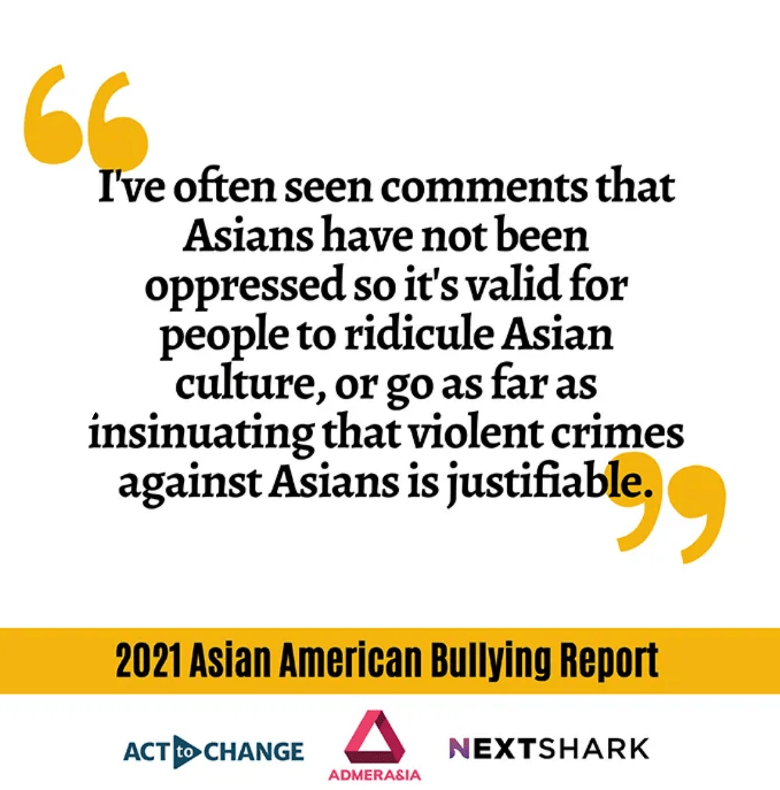 These narratives underscore the multifaceted nature of the issues facing Asian American students and highlight the imperative for comprehensive support systems within educational institutions and communities. Asian Media Access is aware of the pain felt by the Asian American communities with many of the issues remain unresolved. We hope to continue our “Stop Anti-Asian Hate and Violence” initiative to uplifting and empowering our Asian American students, and call for everyone to:
These narratives underscore the multifaceted nature of the issues facing Asian American students and highlight the imperative for comprehensive support systems within educational institutions and communities. Asian Media Access is aware of the pain felt by the Asian American communities with many of the issues remain unresolved. We hope to continue our “Stop Anti-Asian Hate and Violence” initiative to uplifting and empowering our Asian American students, and call for everyone to:
- Spreading awareness and educating the public about the prevalence, severity, and impact of anti-Asian bullying on students, and call for change.
- Developing easily shareable and accessible resources/toolkits and school curriculums for Asian American children/teens, their caregivers and parents.
- Crafting programs that provide mental health and consultation services for bullied Asian American children who need help.
- Continuing the much-needed work in data collection and data disaggregation for Asian Americans. Comprehensive data is critical to representing the vast diversity of experiences in the Asian American and Pacific Islander (AAPI) community.

